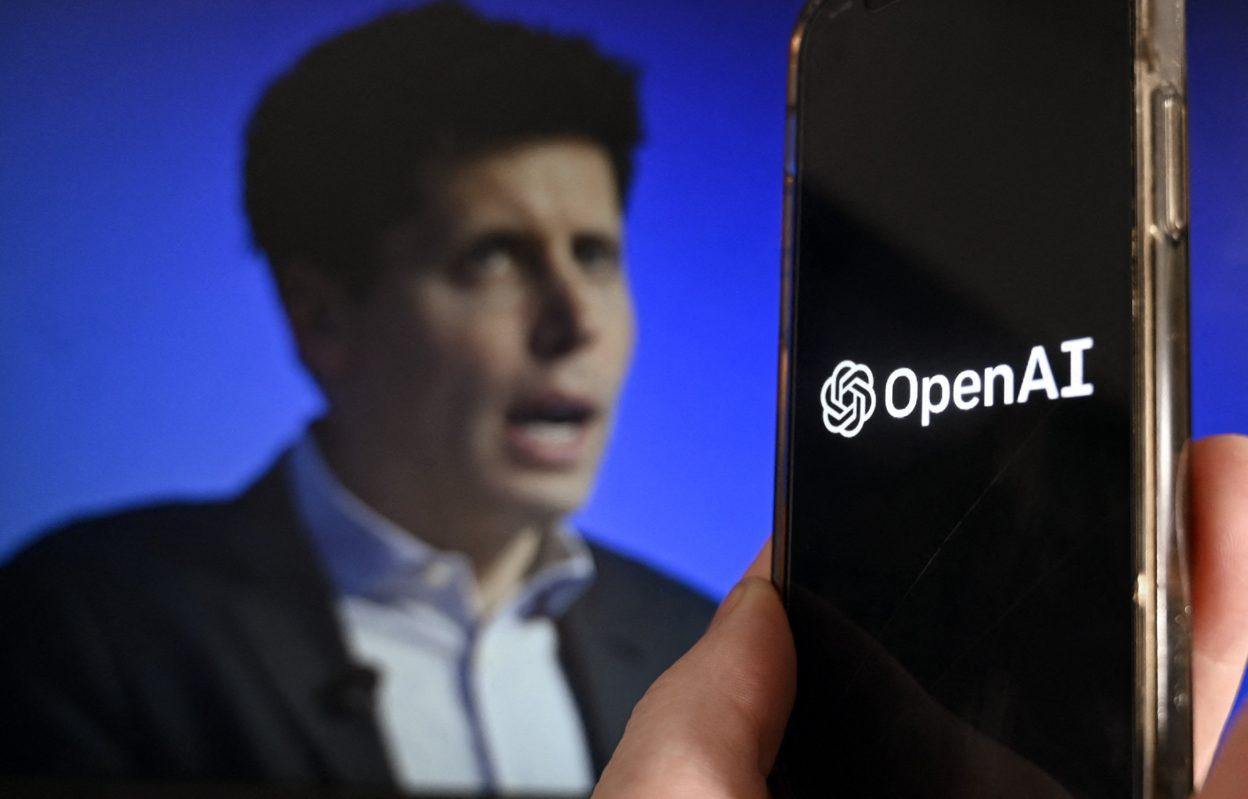OpenAI, the artificial intelligence research lab founded in 2015, has recently announced its plans to become a for-profit business. This move marks a significant shift in the company’s structure and raises questions about the implications for the future of AI research and development.
For the past six years, OpenAI has operated as a non-profit organization, with a mission to ensure that artificial intelligence benefits all of humanity. The company’s researchers have made significant contributions to the field of AI, developing cutting-edge technologies and publishing groundbreaking research papers. Despite its non-profit status, OpenAI has received funding from prominent tech companies and investors, including Elon Musk and Peter Thiel.
In a blog post announcing the decision to transition to a for-profit business, OpenAI stated that the move was necessary to attract additional funding and scale its operations. The company emphasized that it would continue to pursue its mission of ensuring that AI is used for the benefit of all, while also seeking to generate profits for its investors.
One of the key implications of OpenAI’s transition to a for-profit business is the potential for increased competitiveness in the AI industry. By adopting a for-profit model, OpenAI may be better positioned to attract top talent, secure additional funding, and commercialize its technology. This could help the company accelerate the development of advanced AI systems and compete more effectively with other tech giants in the field.
However, the move also raises concerns about the impact on AI research and the broader implications for society. As a for-profit business, OpenAI may face pressure to prioritize commercial interests over its original mission of ensuring that AI benefits all of humanity. Critics worry that profit-driven motives could lead to the development of AI technology that is used for unethical or harmful purposes.
Additionally, the transition to a for-profit model could raise questions about the transparency and accountability of OpenAI’s research and decision-making processes. As a non-profit organization, OpenAI was committed to openness and collaboration with the wider AI research community. It remains to be seen how the shift to a for-profit business will affect the company’s approach to sharing its findings and engaging with external partners.
OpenAI’s decision to become a for-profit business marks a significant milestone in the company’s evolution. While the move could bring benefits in terms of funding and competitiveness, it also raises concerns about the potential impact on AI research and society at large. As OpenAI continues to navigate this transition, stakeholders will be closely monitoring how the company balances its commercial goals with its commitment to ethical AI development.

